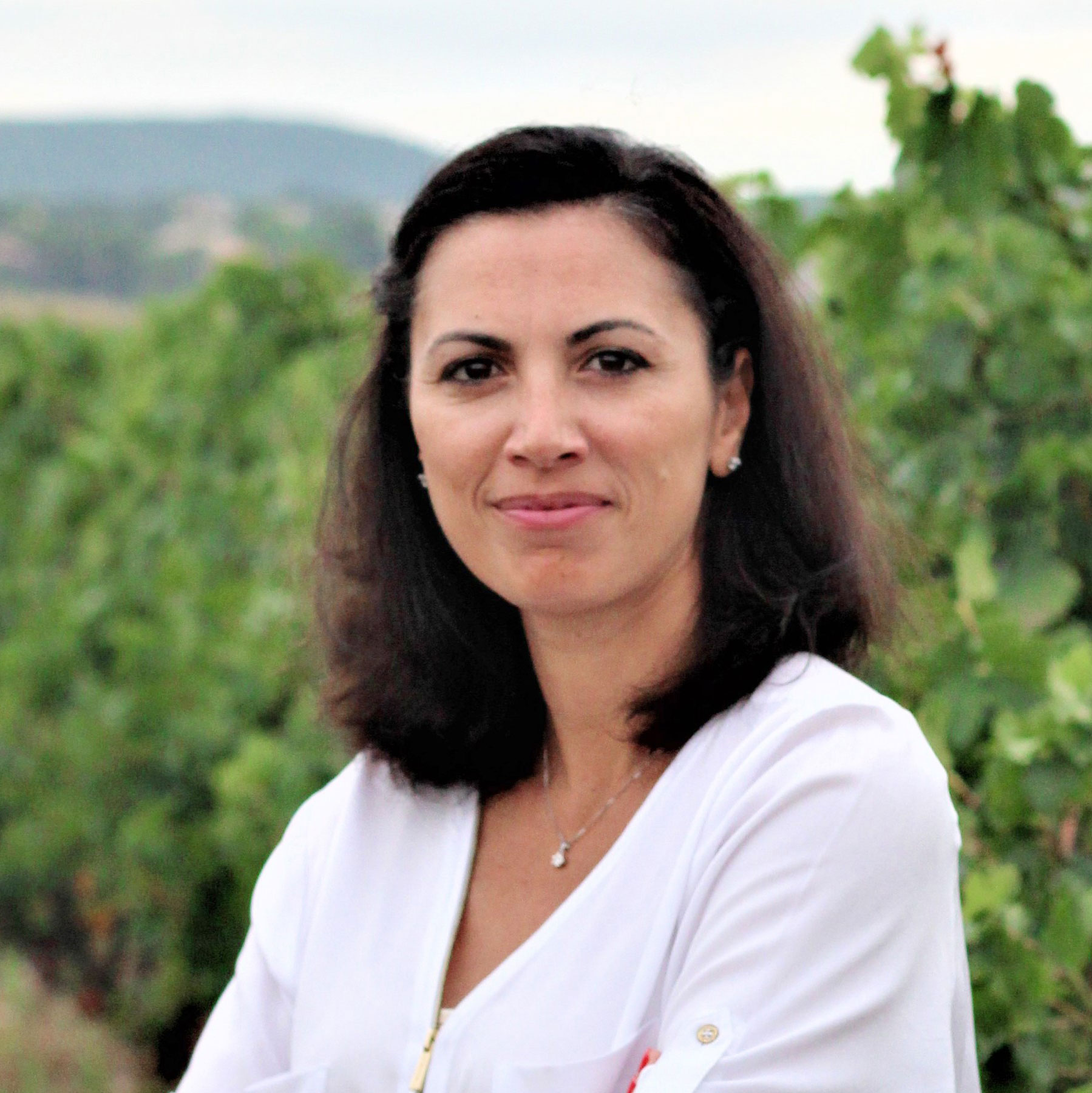1 October 2020. For the second consecutive year, Berytech, with the support of the Embassy of the Kingdom of the Netherlands in Lebanon, organized an Agri-Food Innovation Day (AFID).
In Lebanon, the agri-food sector has long suffered from lack of support and good governance that would have created a vision and strategy for its growth. It remained left out from major economic restructuring and growth plans and uncapable of accompanying the growth and evolution of other sectors, locally and worldwide. The economic crisis and impeding pandemic have just come as the tip of the iceberg, unveiling a worsened situation. The sector needs a new positioning that reinforces national pride.
The vision is to achieve a vibrant, growing, and sustainable agriculture sector that offers improved livelihoods for rural and urban communities, not only in Lebanon but in the whole region.This panel will bring national and international speakers, highlighting a unified vision for the agriculture sector among different stakeholders, improving food security, and optimizing practices for sustainability and innovation in the sector.
2. Presentation of ITK, a large agri-tech company
How can technology transform today’s food and agriculture sectors? How can we achieve food security on the long run?
With her inspirational journey of becoming the CEO of ITK, a large agri-tech company with a high impact on improving agriculture, Aline Bsaibes talked about transforming the sector to achieve food security needs by moving to sustainable practices based on science and technology.
How can technology transform today’s food and agriculture sectors? How can we achieve food security on the long run?
With her inspirational journey of becoming the CEO of ITK, a large agri-tech company with a high impact on improving agriculture, Aline Bsaibes talked about transforming the sector to achieve food security needs by moving to sustainable practices based on science and technology.
- Created in 2003 and managed by Aline Bsaibes, itk is a French agtech company in full international expansion. Specialising in precision farming, this scale-up is the French leader in Agri-Intelligence serving decarbonised agriculture. itk aims to improve food security, agricultural sustainability and soil health, thanks to new technologies.
- Based in Clapiers near Montpellier, itk also has offices in Rennes, San Francisco (California, USA) and works for the African market thanks to its privileged partner ‘E-Tumba’.
- Itk is a partner of the international initiative “4 per 1000: Soils for food security and climate”.
Her talk showed how the sector provides a major market to develop talents and launch startups for scientists and engineers in data, computers, artificial intelligence and robotics to name a few. At the end of her intervention (@1:35) she refers to the Kilimo project in Kenya
- New technology to increase maize yields in western Kenya
- 25/08/2020 ITK lance un nouveau projet en Afrique sur la séquestration de carbone dans les sols agricoles
- Itk, a pioneer of Global Agtech, in collaboration with Airbus Defence and Space and a consortium, is leading a scientific and technological feasibility study for food security and soil carbon sequestration at the request of Vihiga County in Kenya.
- KILIMO stands for “Kenyan Innovation for Low Impact Maize Production” and the project project will track in real-time, the carbon storage potential of agricultural soils as well as nitrogen and potassium levels.
- The 18-month long KILIMO project, aims to demonstrate how satellite and modelling technologies can generate tailored, farm-level recommendations at scale. The project budget is more than 800,000 euros
“What we learn from the KILIMO project regarding soil health and the carbon cycle can be scaled to other regions or countries, as well as used for related climate-smart agriculture initiatives.” Aline Bsaibes
3. CLUSTER-DRIVEN CIRCULAR ECONOMY
Will the financial crisis reinforce the implementation of circular economy principles? What is the role of clusters in catalyzing it?
In this discussion led by QOOT, Lebanon’s Agri-Food Innovation Cluster, speakers from around the world will represent the breadth of the cluster ecosystem and offer opportunities to explore new strategies for transformation.
The panel highlighted how circular ambitions have been affected by the economic crisis and gave a better understanding on the role of clusters in the circular transition.




No comments:
Post a Comment